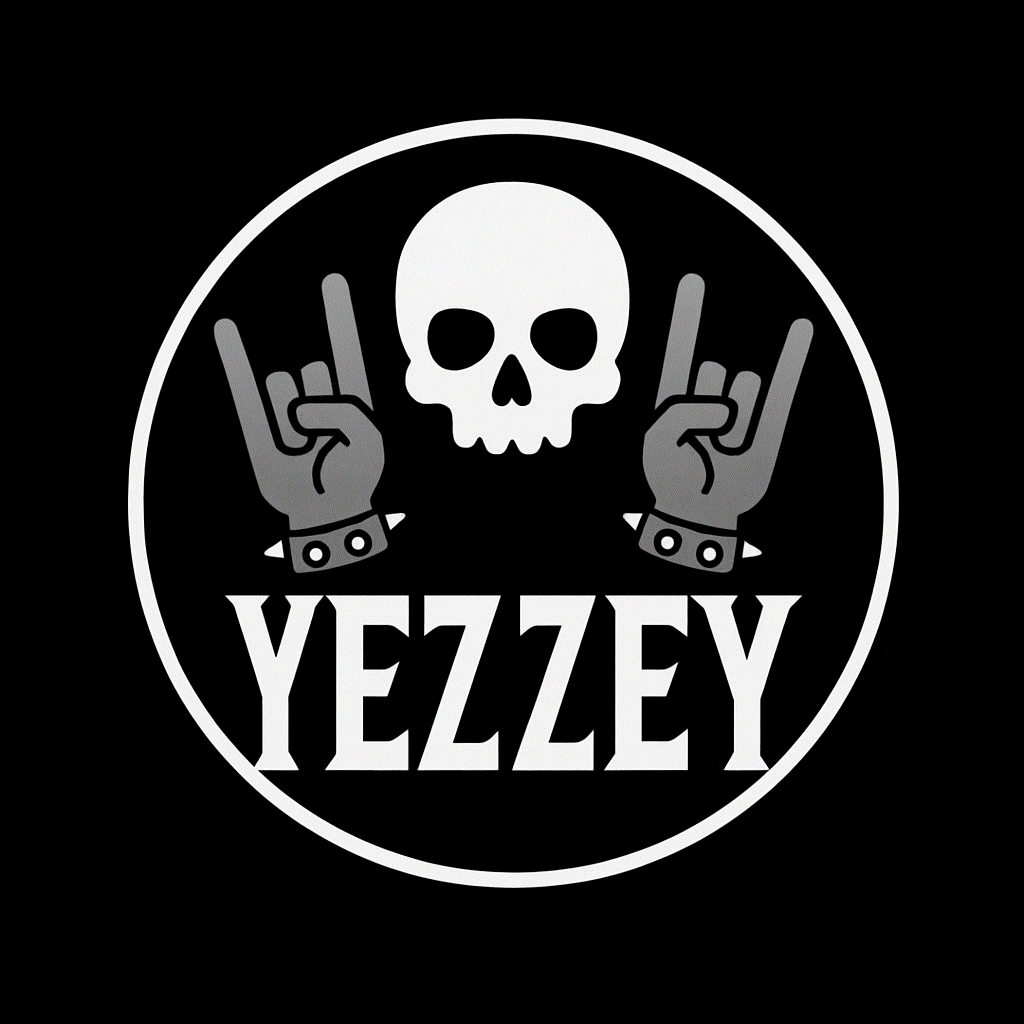If AI ends up running companies better than people, won’t shareholders demand the switch? A board isn’t paying a CEO $20 million a year for tradition, they’re paying for results. If an AI can do the job cheaper and get better returns, investors will force it.
And since corporations are already treated as “people” under the law, replacing a human CEO with an AI isn’t just swapping a worker for a machine, it’s one “person” handing control to another.
That means CEOs would eventually have to replace themselves, not because they want to, but because the system leaves them no choice. And AI would be considered a “person” under the law.


Sadly don’t think this is going to happen. A good CEO doesn’t make calculated decisions based on facts and judge risk against profit. If he did, he would, at best, be a normal CEO. Who wants that? No, a truly great CEO does exactly what a truly bad CEO does; he takes risks that aren’t proportional to the reward (and gets lucky)!
This is the only way to beat the game, just like with investments or roulette. There are no rich great roulette players going by the odds. Only lucky.
Sure, with CEOs, this is on the aggregate. I’m sure there is a genius here and a Renaissance man there… But on the whole, best advice is “get risky and get lucky”. Try it out. I highly recommend it. No one remembers a loser. And the story continues.
Well you will be happy to hear that AI does make calculated risks but they are not based on reality so they are in fact - risks.
You can’t just type “Please do not hallucinate. Do not make judgement calls based on fake news”
I’m not sure quite how it relates to what I said. Maybe we are looking at the word risk differently. Let me give an easy example that shows what I think normally is hidden because of complexity.
Five CEOs are faced with the same opportunity to invest heavily in a make or break deal. They either succeed or they go bus, iif they do it. This investment, for one reason or another, only have one winner (because we are simplifying a complex real world problem). All five CEOs invest, four go bust and one wins big. In this simplified example, the one winning CEO would be seen as a great CEO. After all, he did great. The reasonable decision would have been to not invest, but that doesn’t make you a great CEO that can move on to better, greener jobs or cash out huge bonuses. No-one remembers the reasonable CEO that made expected gains without unneeded risks.